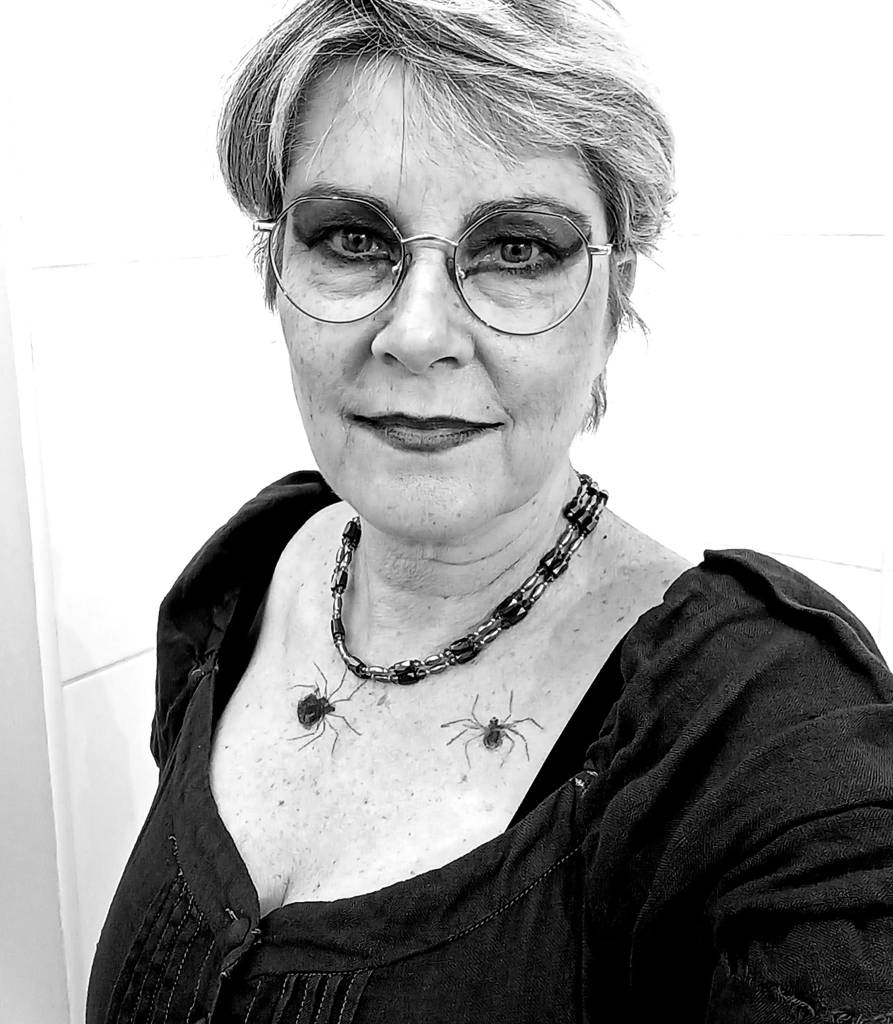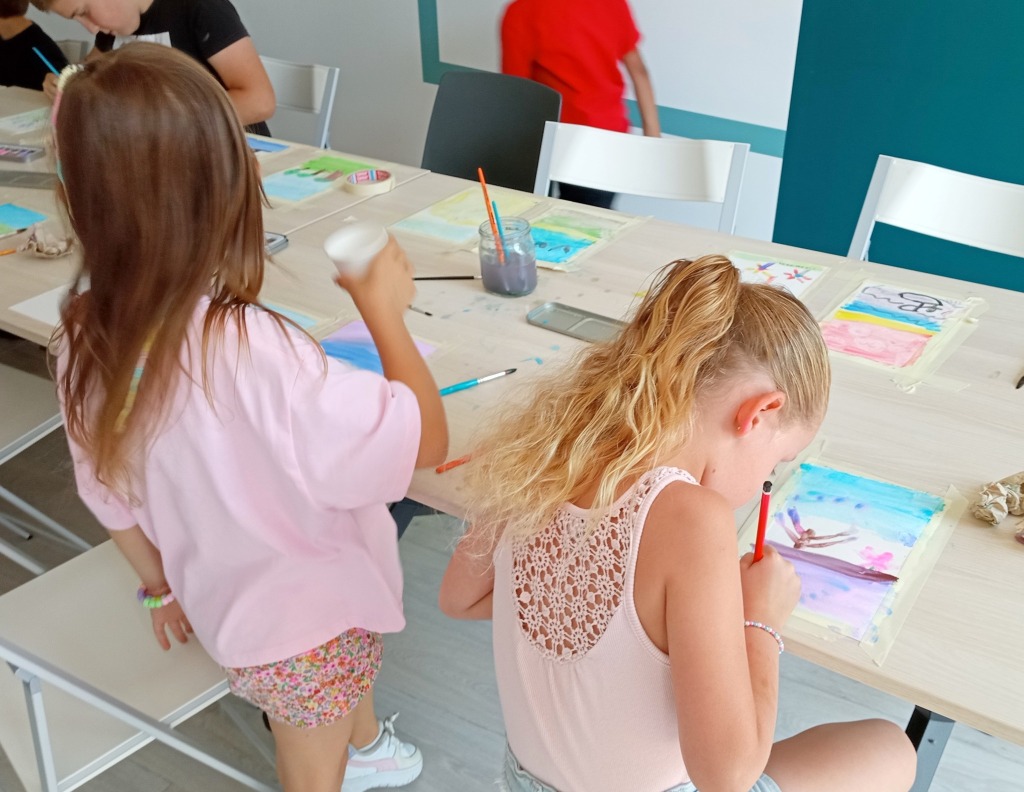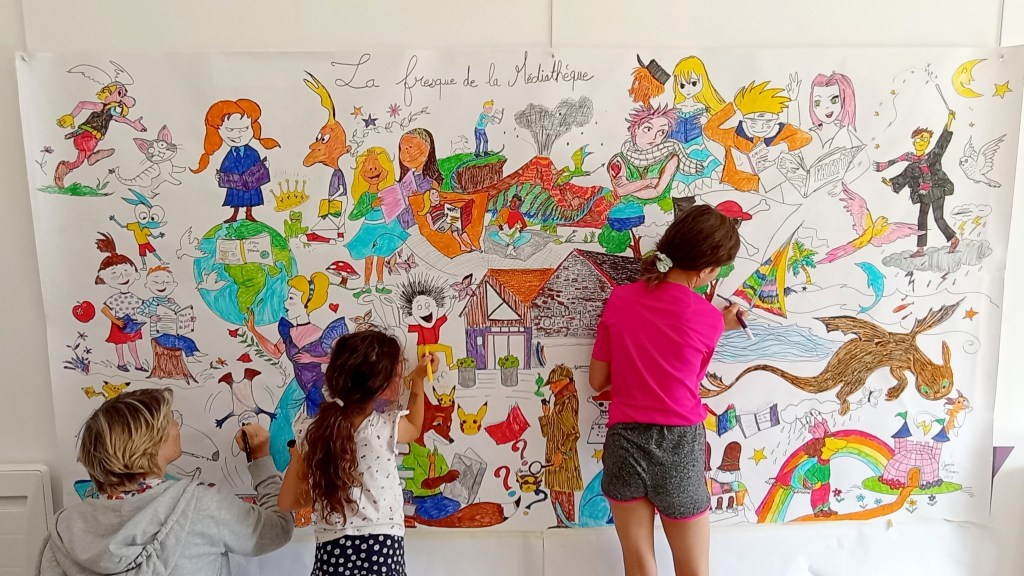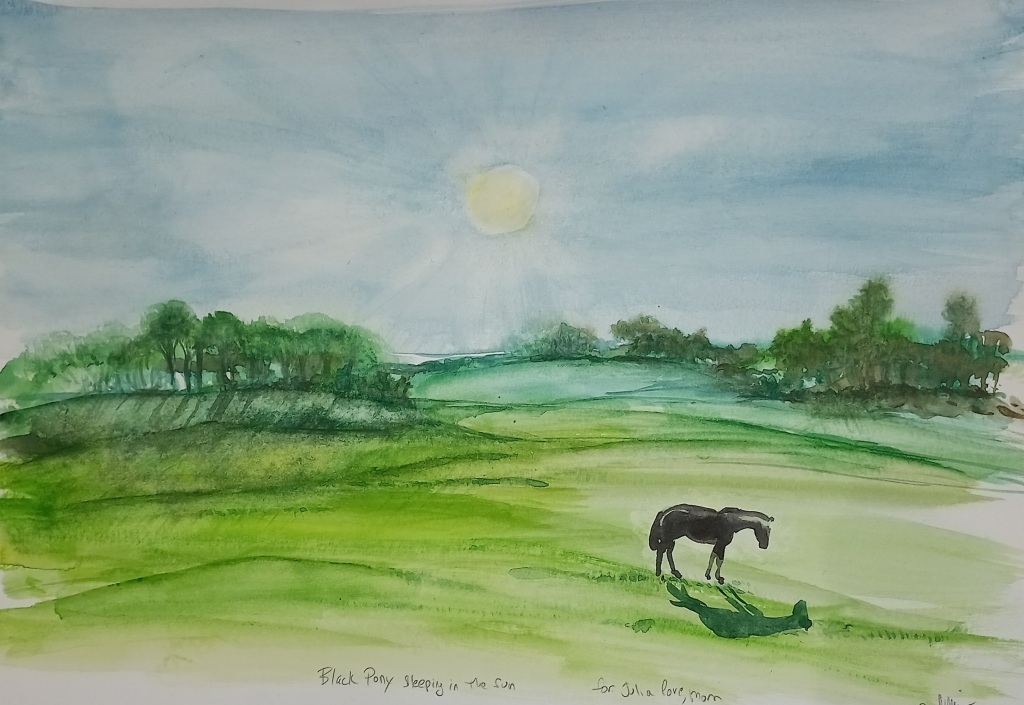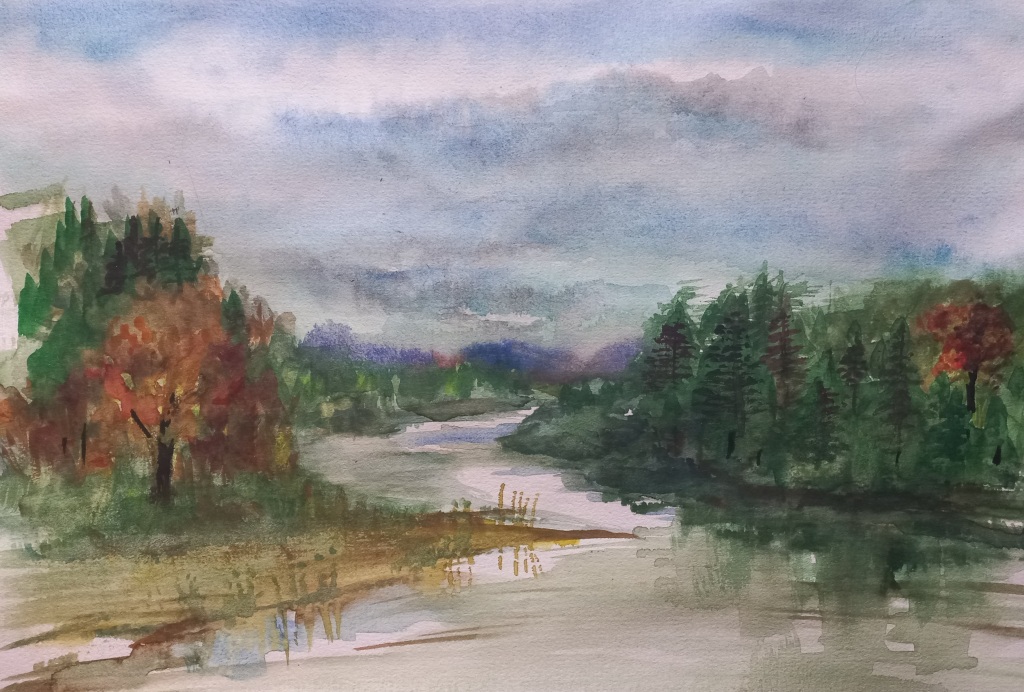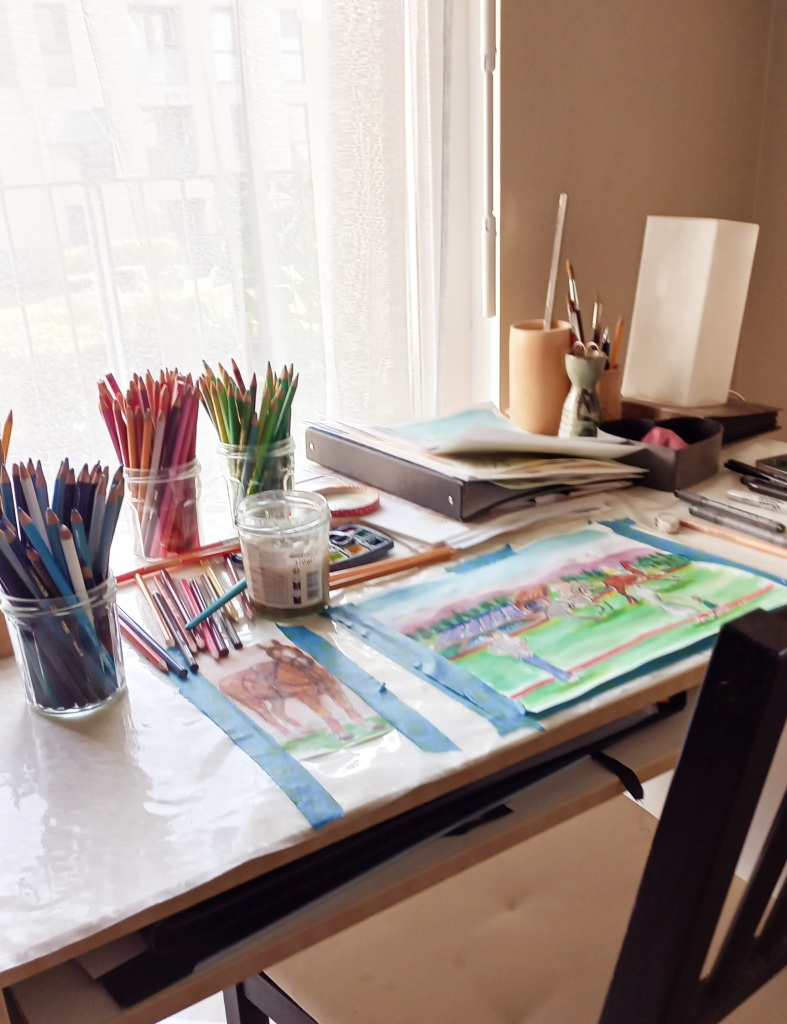How can you forgive? I look at the conflicts around the world, and I know that forgiveness is not something a group of people can give, and it’s not something they should be asked to give. I think forgiveness can only operate on a personnel level, and the timing has to be right. Forgive too quickly, and the hurt will come back when triggered. Forgive too slowly, and you risk hurting yourself with bitter thoughts and feelings. How can a child, whose family has been broken apart by war, ever learn to forgive what he perceives as the enemy? How can a situation that has been simmering and infected by years of back and forth aggressions ever be resolved? Will annhiliation of the “enemy” heal the wounds? Will it bring back the dead? Can forgiveness ever enter the words of our leaders and politicians? When we forgive, it has to be on a personnal level. We must not ever “forgive” terrorists for indiscriminantly killing innocent people, just as we cannot forgive a retaliation that is so terrible it causes more suffering on an innocent popuation than the terrorist attack did. So what can a nation do? How can a nation defend against aggression without becoming the aggressor? There are many disputes going on around the world – is it possible to untangle the political, the religious, and the territorial conflicts that are causing so much misery? Some are caused by economics or naturel ressources, some stem from age-old ethnic friction, others are from brand new ethnic friction – but each attack leaves victims who are suddenly caught up in a cycle that is as old as life – the survivor will retaliate – there can be no collective forgiveness. The only thing that can stop the cycle is to find out what exactly the attacker needs and make sure they never, ever get it, but not by any retaliation that can hurt innocent bystanders. Instead of attacking Gaza – what if Isreal had gone directly to what the attackers wanted to stop – a closer relationship with the UAE? What if instead of attacking, Israël had negotiated to get all the hostages back all the while pressing the Arab nations to back them in finding a peaceful solution to the problem. Which means identifying the problem, which is that the Palestine people deserve a place to live just as much as the Israelies do. What if, after the twin towers were destroyed, the US had simply used the effusion of good-will and sympathy around the world to build a stronger alliance with those who could help it discover who exactly the perpetraters were, root them and only them out, and instead of distabilizing whole countries, worked with the leaders to make the world safer. Instead, without ever finding out who was behind the attacks, the US went to war against a country that had nothing to do with them, and the result is two failed nations and millions of people thrust into new poverty and hardships in Irak and Afghanistan.
And I hesitated before posting this. However, this article decided me.
Is it right or wrong to post about conflict on social media?, Hannah Jane Parkinson, The Guardian, 11 November 2023
“But Israel-Palestine is a complex, 75-year-old conflict, in a part of the world divided by multiple factions and allegiances. While it’s clear that anyone possessing basic human decency condemns the slaughter of innocents, I’ve heard from individuals who haven’t felt able to post on the matter because they feel ill-informed and are scared of making a mistake on a subject of gravitas in an unforgiving internet culture.
As Jon Ronson wrote in his brilliant book, So You’ve Been Publicly Shamed, people can be dragged for the tiniest indiscretions or misunderstandings, and I don’t feel it is constructive to criticise those who feel uncertain – although I do think that uncertainty can act as an incentive for people to educate themselves. I know what I think about this conflict; not everybody does.”
At any rate, deep in my heart, I know what the US, Russia, and what Isreal is doing right now is wrong. There are enough conflicts around – why create more, when there are viable solutions?


